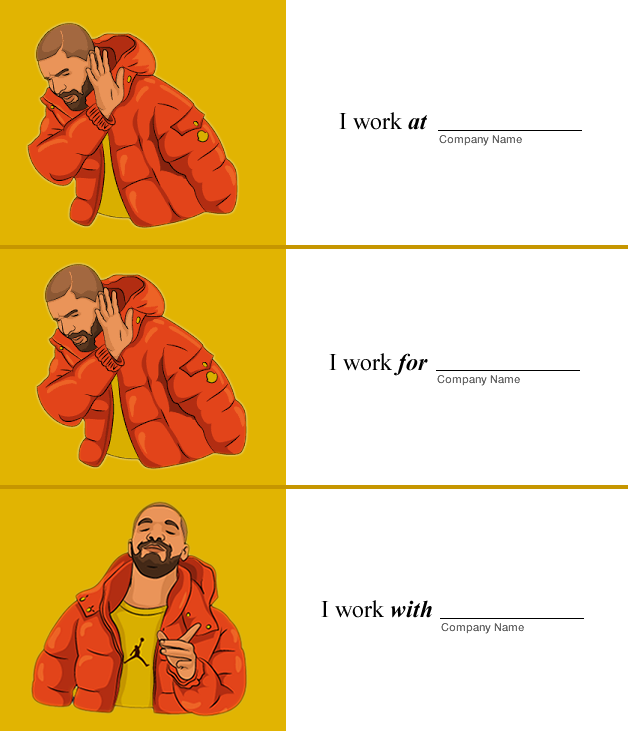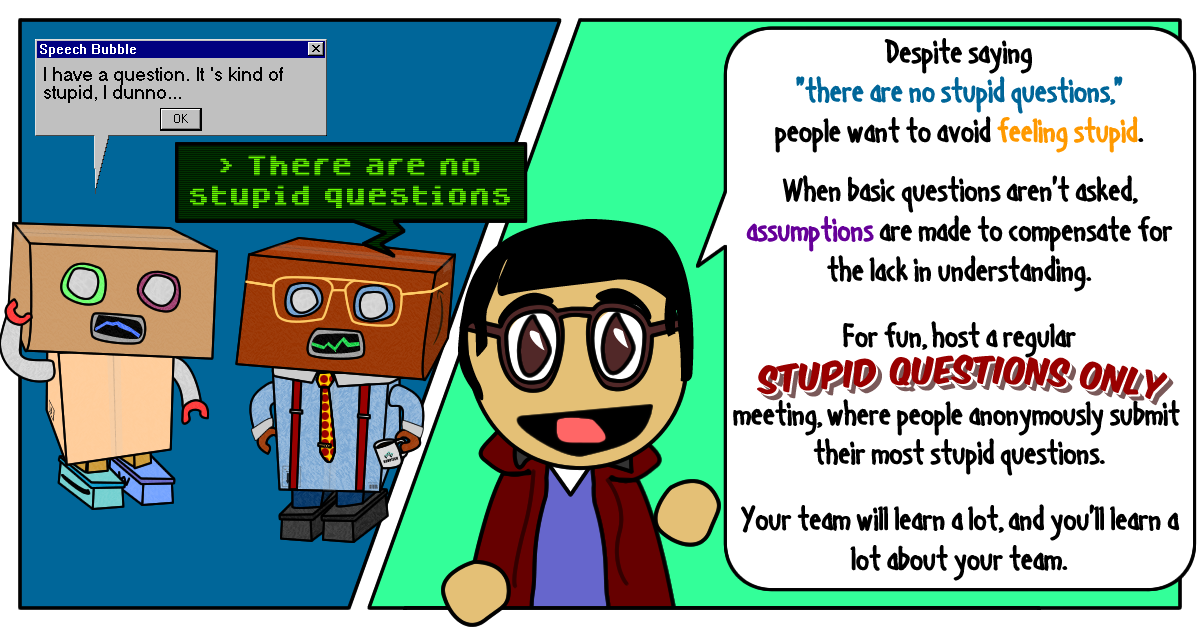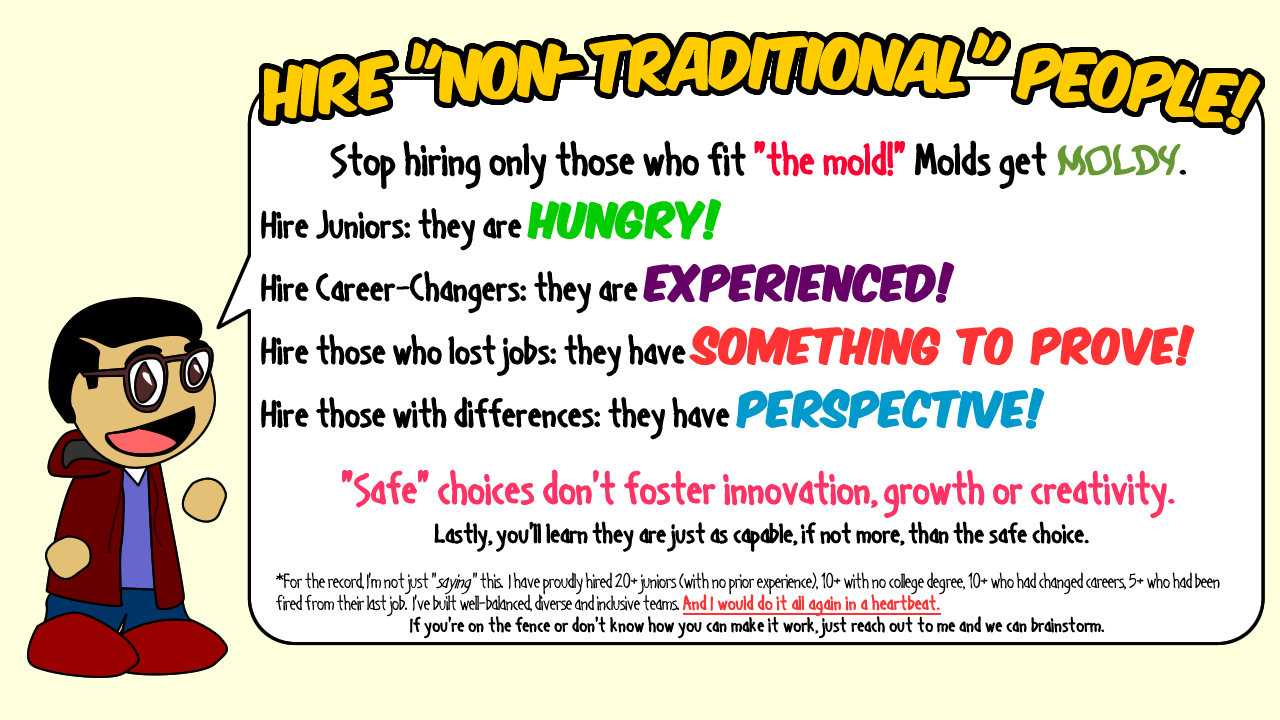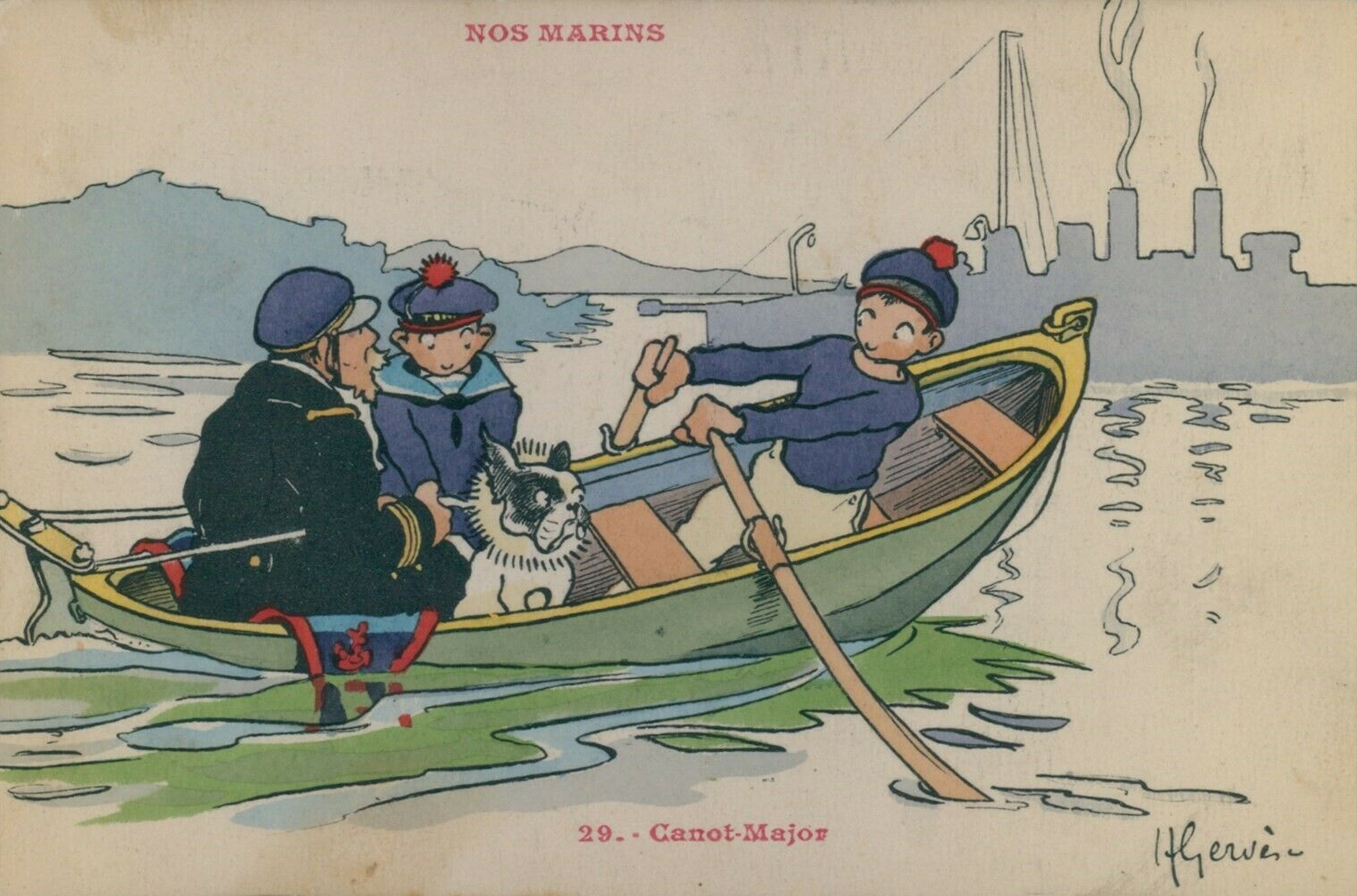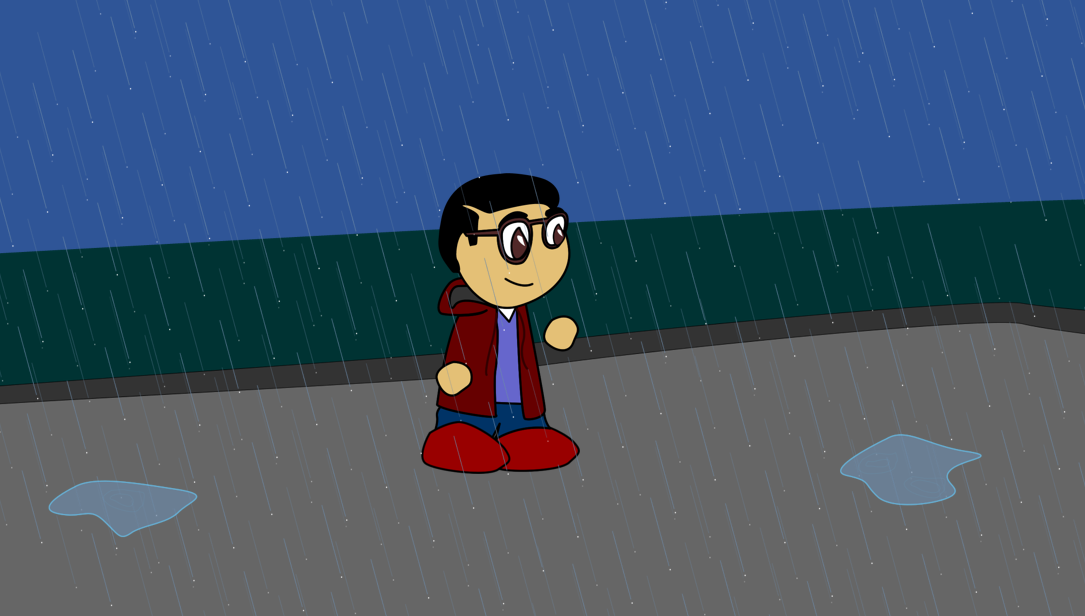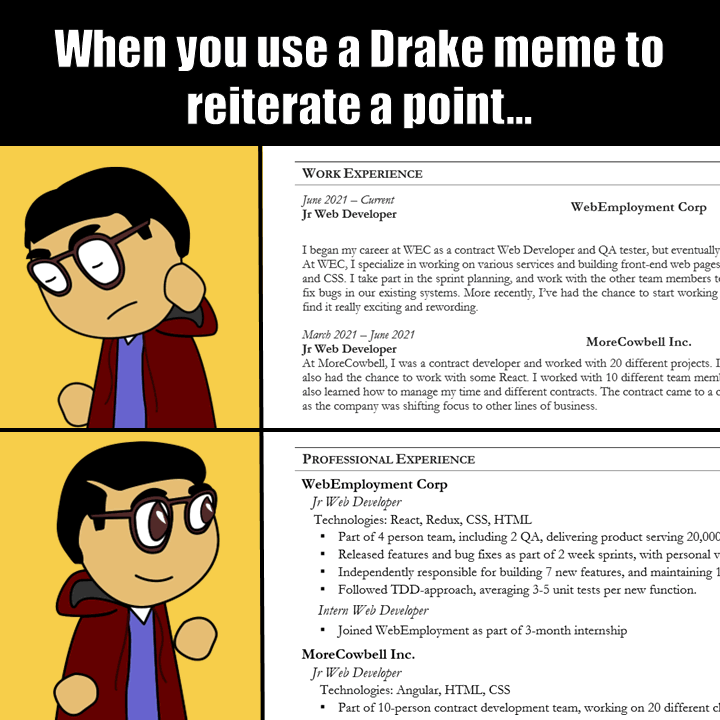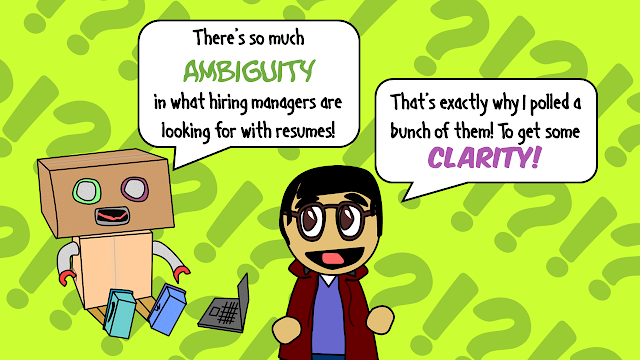Programmatic Dodgeball

Coding is fun but ... playing Programmatic Dodgeball as a way to teach technical concepts to a group of high schoolers? Well... that's way more fun. This time-lapse is from a pre-Covid event in 2019 and required more painter's tape to mark off the grid than you would think. If you've followed me for any amount of time, you'll know one of my passions has been getting kids interested in technology and in coding. I think the best approach is by stepping away the computers, the gadgets, and make it immersive , and interactive . In the long run, while they may not all become coders they will all benefit from being skilled at Computational Thinking . Taking a #TechlessTeaching approach lets students physically experience the problem they are trying to resolve. If and when they make a bad assumption, they'll feel the impact of it. The result of such exercises is they start to analyze and break down the problem, and look ahead to anticipate and predict the challenges the...

